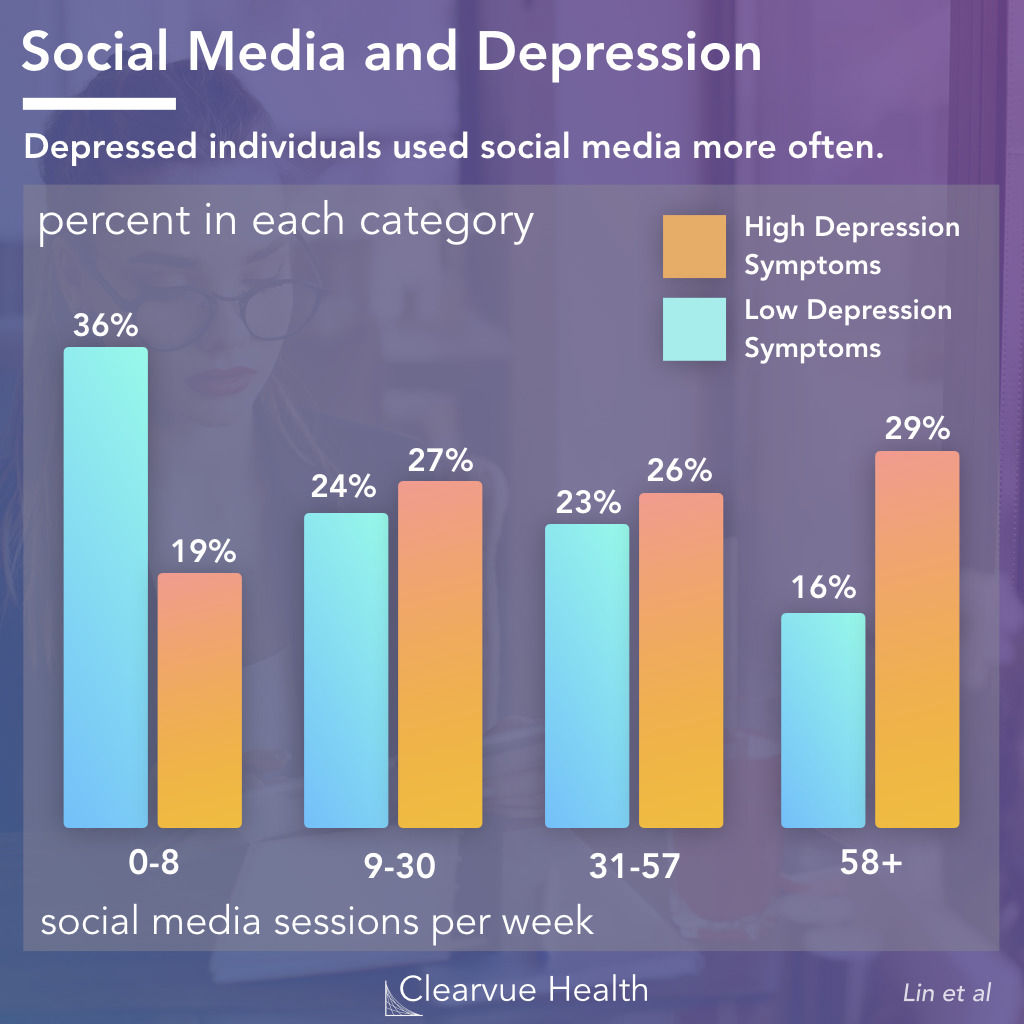Friendships, romantic partners, parental figures, bosses, coworkers and
business partners. What do they have in common? Well, you’ll probably experience most of
the elements of Knapp’s relationship model in dealing with each one. Knapp had
a some pretty interesting ideas on the development of relationships and (unfortunately)
on their decline. Mostly that the second law of thermodynamics applies to relationships
(if you don’t get the joke it’s ok it’s not funny). To put it another way, all
things naturally have an end. Knapp conveys the trajectory with this model.
Looking at this, I have no doubt that readers will have momentary flashbacks to previous relationships. Childhood friends, romantic partners, and many more all have very similar starts and often very similar ends. In the internet age this is even more self-evident. A friend of mine actually rapidly shifted through this model multiple times within a matter of weeks. As for me personally, I’m a happily married man. Amanda and I have been together for six years, and we have been in the bonding phase for the vast majority of that time. It’s a sobering realization that every relationship you have could naturally progress to the terminating point. My wife would not be happy, and neither would I. Fortunately, things aren’t that simple. The Knapp model above is missing an important component, social investment.
There we go, much better.
Relational maintenance is not a magical solution. Integrating, Bonding are
activities that require dedication, time and effort. It’s also important to note
that differentiation and circumscribing are not purely points of no return. Relational
maintenance can act as a balancing tool during these two steps. This is pretty
good news for my marriage, as we always make sure to spend time bonding and
growing together. We aren’t perfect individuals, but we actively participate in
our relationship and support when possible. Far from being a cautionary tale,
Knapp’s model gives me renewed confidence that positive relationships can be
maintained and prosper. That said, there is an important insight to be had here.
Long term relationships require constant energy and time investment. This also
means that only a limited number can be maintained at once. Quality over quantity.
